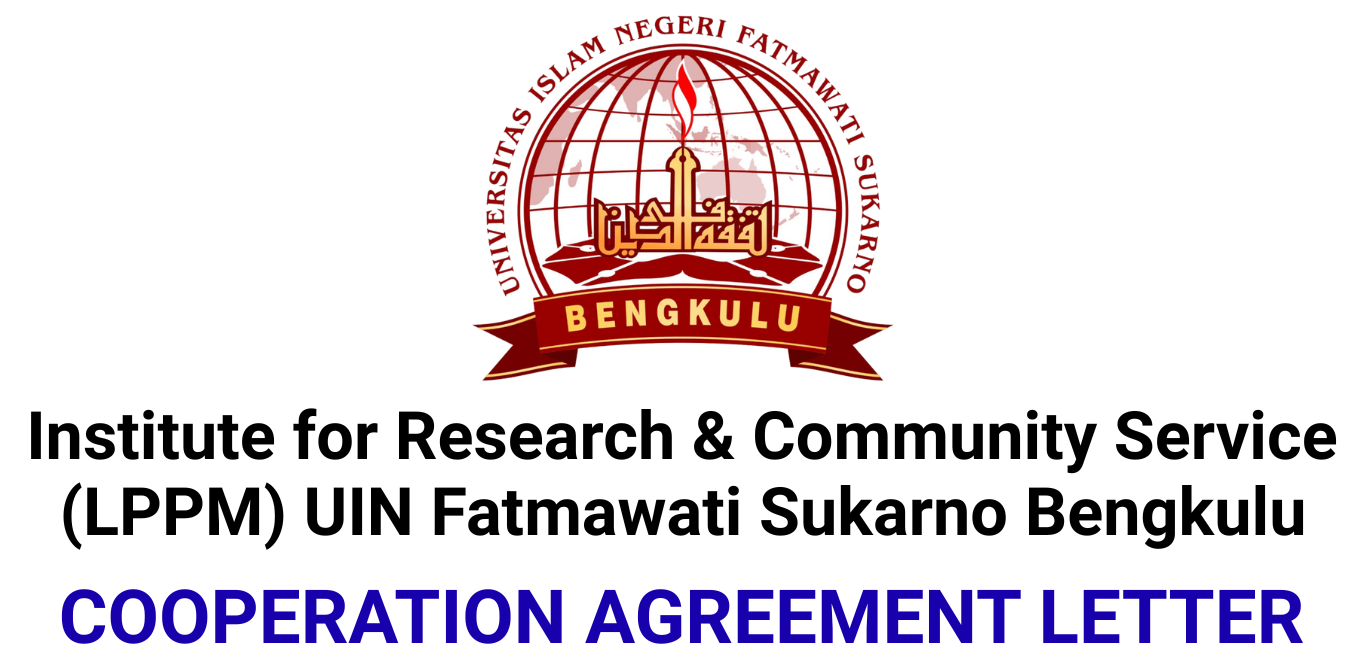The Leadership Style of School Principals and Its Influence on Teacher Work Motivation
Keywords:
Leadership Style, Work Motivation, School Principal, TeacherAbstract
Education is fundamentally an effort to transmit values and guide humanity toward meaningful living within a civilized society. This study examines the influence of principals’ leadership styles on teachers’ work motivation using a descriptive qualitative approach through observation, interviews, and documentation. The results show that the principal’s leadership style significantly affects teachers’ motivation: supportive, democratic, and communicative leadership enhances enthusiasm and commitment, while authoritarian or inconsistent styles lower morale and productivity. Thus, effective leadership plays a crucial role in fostering an active, conducive, and joyful learning environment, emphasizing the need for principals to apply collaborative and empathetic approaches to improve both teacher motivation and educational quality.
References
Akbar, L., & Imaniyati, N. (2019). Gaya kepemimpinan transformasional kepala sekolah terhadap kinerja guru, JURNAL PENDIDIKAN MANAJEMEN PERKANTORAN, 4 (2), 176-181.
Akbar, R., & Imaniyati, N. (2019). Transformational leadership in educational institutions. Bandung: Alfabeta.
Arinda Frismelly, M. Giatman, & Ernawati. (2021). Pengaruh Gaya Kepemimpinan Kepala Sekolah Terhadap Kinerja Guru. Dirasah : Jurnal Studi Ilmu Dan Manajemen Pendidikan Islam, 4(2), 81-88. https://doi.org/10.29062/dirasah.v4i2.308
Baihaqi, M. I. (2015). PENGARUH GAYA KEPEMIMPINAN KEPALA SEKOLAH DAN MOTIVASI KERJA TERHADAP KINERJA GURU DI MA MA ’ARIF SELOREJO BLITAR. Konstruktivisme : Jurnal Pendidikan Dan Pembelajaran, 7(2), 97-106. https://doi.org/10.35457/konstruk.v7i2.14
Bevoise, C. (1984). Instructional leadership: How principals make a difference. New York: Harper & Row.
Damayani, S., Permadi, A., & Rasyid, A. (2020). Leadership and organizational behavior in educational institutions. Jakarta: RajaGrafindo Persada.
Damayani, T., Arafat, Y., & Eddy, S. (2020). Pengaruh Kepemimpinan Kepala Sekolah dan Motivasi Kerja terhadap Kinerja Guru. Journal of Innovation in Teaching and Instructional Media, 1(1), 47–58.
Darsono, P. (2020). Performance management in organizations. Yogyakarta: Deepublish.
Darsono, Y. (2020). Pengaruh Gaya Kepemimpinan Dan Motivasi Kerja Terhadap Kinerja Karyawan. Jurnal Health Sains, 1(3), 288–302. https://doi.org/10.46799/jsa.v1i3.66
Day, C., & Sammons, P. (2016). Successful school leadership. Education Development Trust.
Educational Administration. (2016). School management and leadership effectiveness. Jakarta: Ministry of Education and Culture.
Frismelly, R., Giatman, M., & Ernawati, E. (2021). Educational management and national development goals. Padang: Universitas Negeri Padang Press.
Gaol, L. (2017). Managerial leadership and organizational effectiveness. Jakarta: Mitra Wacana Media.
Giode, R. (2016). School principal management in educational institutions. Bandung: Alfabeta.
Hallinger, P. (2011). Leadership for learning: Lessons from 40 years of empirical research. Journal of Educational Administration, 49(2), 125–142. https://doi.org/10.1108/09578231111116699
Ibrahim, M. (2014). Instructional leadership and quality improvement in schools. Malang: UIN Maliki Press.
Ibrahim, M.Y., & Amin, A. (2014). Model kepemimpinan pengajaran pengetua dan kompetensi pengajaran guru. JuKu: Jurnal Kurikulum & Pengajaran Asia Pasifik, 2 (1), 11-25.
Ii, A. (2016). School leadership and teacher professional commitment. Jakarta: Prenadamedia Group.
Ii, B. A. B. (2016). Kepemimpinan Kepala Sekolah. Yogyakarta: Media Akademik.
Ishak., Yusrizal., & Bahrun. (2016). Kepemimpinan Kepala Sekolah Dalam Meningkatkan Kinerja Guru Pada Sma Negeri 4 Wira Bangsa Meulaboh Dan Sma Negeri 3 Meulaboh. Jurnal Administrasi Pendidikan Pascasarjana Universitas Syiah Kuala, 4(1), 33-46.
Leithwood, K., & Jantzi, D. (2008). Linking leadership to student learning: The contributions of leader efficacy. Educational Administration Quarterly, 44(4), 496–528. https://doi.org/10.1177/0013161X08321501
Lumban Gaol, N. T. (2017). Teori dan Implementasi Gaya Kepemimpinan Kepala Sekolah. Kelola: Jurnal Manajemen Pendidikan, 4(2), 213–219.
Maemonah, M. (2015). Leadership and management in education. Surabaya: UIN Sunan Ampel Press.
Maemonah, S. (2015). Landasan Teori Kepemimpinan BAB II. Putaka Aufia Media, 17–50.
Neni, S.M., & Nurachadijat, K. (2023). Gaya Kepemimpinan Kepala Sekolah Terhadap Motivasi Kerja Guru. Jurnal Ilmiah Dan Karya Mahasiswa, 1(3), 10–25. https://doi.org/10.54066/jikma-itb.v1i3.278
Ngiode, S. (2016). Pengaruh Kepemimpinan Kepala Sekolah, Motivasi Kerja dan Disiplin Kerja Terhadap Kinerja Guru MTs.N Batudaa Kabupaten. Tadbir: Jurnal Manajemen Pendidikan Islam, 4(2), 127–137. Retrieved from https://journal.iaingorontalo.ac.id/index.php/tjmpi/article/view/446
Rolando, D. (2024). Human resource management in the era of globalization. Jakarta: Kencana.
Sampurno, A., & Wibowo, T. (2015). Teacher motivation and performance in educational organizations. Yogyakarta: Deepublish.
Sampurno, D., & Wibowo, A. (2015). Kepemimpinan Kepala Sekolah, Lingkungan Kerja, Motivasi Kerja, Dan Kinerja Guru Di Smk Negeri 4 Pandeglang. Jurnal Pendidikan Ekonomi Dan Bisnis (JPEB), 3(2), 165–180. https://doi.org/10.21009/JPEB.003.2.5
Sari, M., & Asmendri, A. (2020). Penelitian Kepustakaan (Library Research) dalam Penelitian Pendidikan IPA. Natural Science, 6(1), 41–53. https://doi.org/10.15548/nsc.v6i1.1555
Tilaar, H. A. R. (2010). Paradigma baru pendidikan nasional. Jakarta: Rineka Cipta.
Tschannen-Moran, M. (2014). Trust matters: Leadership for successful schools (2nd ed.). Jossey-Bass.
Usman, H. (2013). Management: Theory, practice, and research in education. Jakarta: Bumi Aksara.







